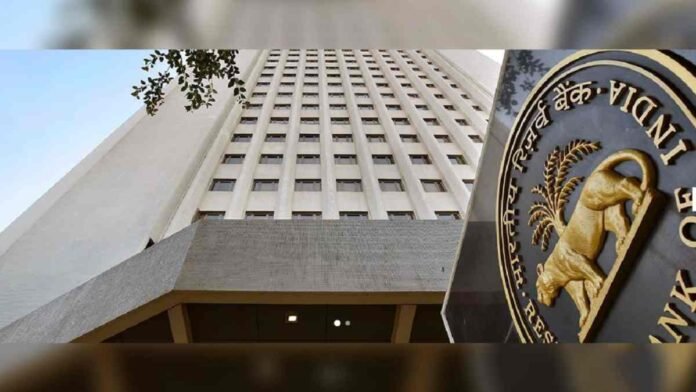The Reserve Bank of India (RBI) has revoked the license of United India Co-operative Bank Limited, which has its headquarters in Uttar Pradesh, citing a lack of sufficient capital and earning potential.
As a result, the bank stops operating as of Wednesday’s closing time, according to a statement from the RBI. Regarding liquidation, it stated that each depositor would be entitled to receive a deposit insurance claim amount of his or her deposits from the Deposit Insurance and Credit Guarantee Corporation (DICGC), up to a maximum of Rs. 5 lakh.
According to the bank’s data, “99.98% of the depositors are entitled to receive the full amount of their deposits from DICGC,” the statement read. The Reserve Bank of India (RBI) has revoked United India Co-operative Bank Limited’s license due to insufficient capital and earning potential.
As a result, the bank stops operating as of Wednesday’s closing time, the RBI stated in a statement. It said that upon liquidation, each depositor would be entitled to receive a deposit insurance claim amount of his or her savings from the Deposit Insurance and Credit Guarantee Corporation (DICGC), up to a maximum of Rs. 5 lakh.
According to information provided by the bank, 99.98% of depositors are eligible to collect the full value of their deposits from the DICGC, it stated. Additionally, an order for the bank’s closure and the appointment of a liquidator has been requested from the Commissioner and Registrar of Cooperatives in the state of Uttar Pradesh.
United India Co-operative Bank’s license has been revoked by the Reserve Bank of India (RBI). As a result, the bank (Nagina, Bijnor, Uttar Pradesh) would stop operating as a bank as of the close of business on July 19, 2023, according to a statement from the RBI.
The RBI stated that the bank had not complied with the relevant provisions of the Banking Regulation Act, 1949, and that it lacked appropriate capital and earning potential.
The continuation of the bank “would be detrimental to the interests of its depositors; in its current financial position, the bank would be unable to pay its present depositors in full; and if the bank is allowed to carry on its banking business any further, public interest would be adversely affected,” according to the central bank.



